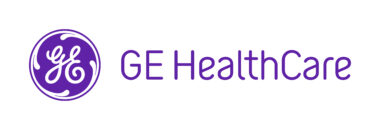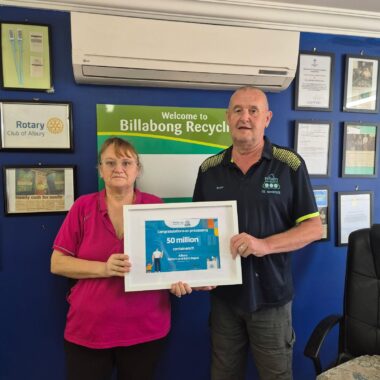1 May 2024
On World Hand Hygiene Day this Sunday 5 May, the Australian Commission on Safety and Quality in Health Care (the Commission) urges Australians to continue to practise good hand hygiene as the first-line defence to reduce the spread of harmful germs.
Practising good hand hygiene remains as important as ever, according to infectious diseases physician Professor Peter Collignon AM, Senior Medical Advisor for the Commission.
“Some people may have become complacent with how often and how well they wash their hands, by not using enough soap and water, doing it too quickly or not hand washing at all,” said Professor Collignon.
“World Hand Hygiene Day reminds us that we need to remain diligent about washing our hands properly.
“Hand washing should matter to all of us because it is the single most effective way to prevent the spread of germs and disease – particularly to reduce infections caused by multidrug-resistant bacteria such as methicillin-resistant Staphylococcus aureus, also known as MRSA or ‘golden staph’.
“Hand hygiene also decreases the risk of infection for us in everyday life in the community because it stops the spread of other bacteria that get onto our hands. There are many germs that can cause serious infections that you can pass on to those around you,” Professor Collignon explained.
“E. coli which is a common cause of urinary tract and intra-abdominal infections, Streptococcus which commonly causes skin infections, and community strains of Staphylococcus aureus (golden staph) are just some of many examples of common germs that are a danger to us all.”
Good hand hygiene also helps reduce the spread of germs that cause gastroenteritis and contributes to reducing the risk of respiratory infections such as influenza and coronavirus.
Professor Collignon said the vigilance of some Australians around hand hygiene may have waned since the height of the COVID-19 pandemic. “The pandemic shone a spotlight on the role of personal hygiene, including hand washing, but it’s vital we keep reminding people to do it regularly because it is such an easy way to fight germs.”
Effective hand hygiene reduces the transmission of microorganisms such as MRSA that cause infections in hospitals. These healthcare-associated infections affect more than 81,000 Australians each year.
Across Australia, it is encouraging that staff in our hospitals continue to exceed the national benchmark of 80% compliance with hand hygiene requirements, with the latest data showing almost 90% compliance.
“Hand hygiene should be an everyday routine habit – whether you are at home, in hospital, attending healthcare appointments or out and about in the community,” said Professor Collignon.
“Using good old-fashioned soap and water is the best way to remove bacteria and viruses from your skin. But if you’re busy in transit, travelling or a health worker, hand sanitiser or alcohol rub is a great alternative.
“We all have the power to protect ourselves, our loved ones, people we care for, those around us and those who are vulnerable. Hand hygiene keeps the germs at bay – why wouldn’t you make the effort?”
ENDS
Read full Media Release [PDF attached] including:
- When is it important to lather up?
- Other steps you can take to protect people
- 5 Tips for Hand Hygiene
- Background on the National Hand Hygiene Initiative
Media enquiries and interview requests
Angela Jackson, Communications and Media Manager
M: 0407 213 522 | E: [email protected]
Key Facts:
- World Hand Hygiene Day is a WHO-led initiative celebrated on 5 May 2024.
- The Commission reminds all Australians to remain diligent about washing their hands properly, particularly in public places and healthcare settings.
- Hand washing is the single most effective way to prevent the spread of germs and disease.
- The vigilance of some Australians around hand hygiene may have waned since the height of the COVID-19 pandemic.
- Effective hand hygiene can help reduce infections caused by multidrug-resistant bacteria such as methicillin-resistant Staphylococcus aureus, also known as MRSA or ‘golden staph’.
- Good hand hygiene also helps to reduce the spread of germs that cause gastroenteritis and contributes to reducing the risk of respiratory infections such as influenza and coronavirus.
- Hospital staff continue to exceed the national benchmark for hand hygiene requirements, with the latest data showing almost 90% compliance.


